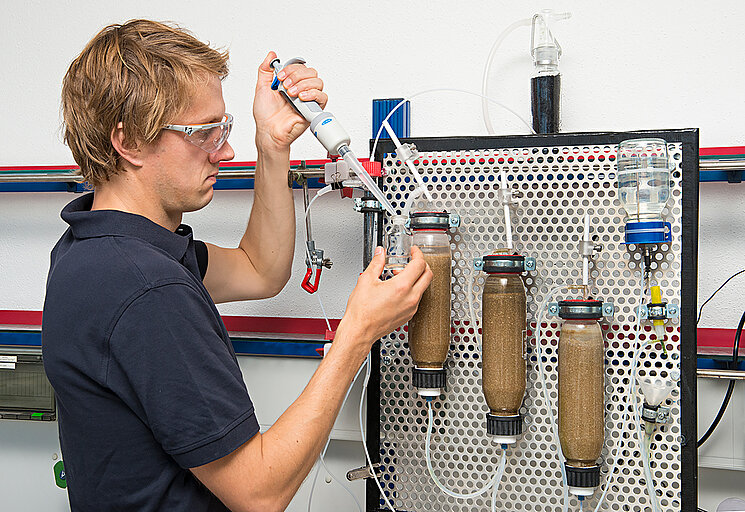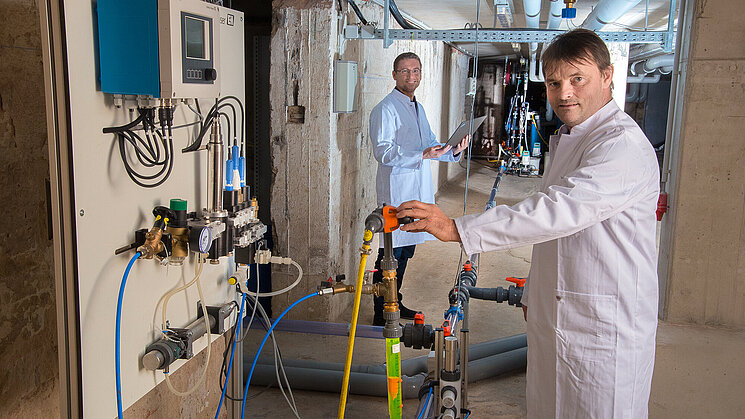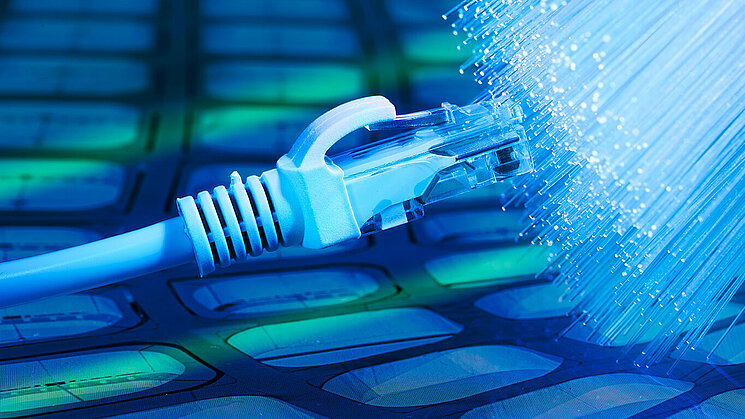
Research for the future
Research opens up strong perspectives, if tomorrow's challenges are identified and tackled in a targeted manner. In this sense TZW identifies itself as a driving force for the development of innovations that encompass the entire water cycle. In about 50 research projects each year TZW develops concepts and processes that can be implemented successfully in practice.
- Home
- Research

![[Translate to English:] Prüfstelle-Produktprüfung_Teststand Test centre and product testing](/fileadmin/_processed_/0/9/csm_TZW-Karlsruhe_Pruefung_Geraete-Teststand_377188946c.jpg)






























